When it comes to home insulation, choosing the right type of insulation material is only half the battle. Homeowners also need to consider factors such as R-value, air sealing, and moisture control. In this article, we'll explore the top three things that homeowners should consider when installing batt or rolled insulation.
R-Value Matters
One of the most important factors to consider when selecting insulation is its R-value. R-value measures the insulation's resistance to heat flow, with a higher R-value indicating better insulation performance. The R-value needed for your home depends on several factors, including your climate, the age and condition of your home, and your energy efficiency goals.
For example, homes in colder climates will typically require insulation with a higher R-value than homes in warmer climates. Similarly, if your home is drafty or lacks proper air sealing, you may need insulation with a higher R-value to compensate for the energy loss.
The average cost of installing batt or rolled insulation varies depending on the type of insulation and the area to be insulated. However, on average, homeowners can expect to spend between $1.50 and $3.50 per square foot for the materials and installation.
Air Sealing Is Key
Insulation alone is not enough to prevent heat loss and gain in your home. Proper air sealing is essential to ensure that your insulation performs as intended. Air leaks can occur around windows and doors, through electrical outlets and plumbing penetrations, and in other areas where there are gaps or cracks in your home's envelope.
Before installing insulation, it's important to seal these air leaks to prevent the loss of heated or cooled air. This not only improves your home's energy efficiency but also enhances your indoor comfort and air quality.
Moisture Control Is Critical
Another important consideration when installing insulation is moisture control. Moisture can compromise the performance of your insulation, lead to mold and mildew growth, and even damage your home's structure.
To prevent moisture problems, it's important to install a vapor barrier in your home. A vapor barrier is a material that prevents moisture from passing through your walls and into your insulation. In addition to installing a vapor barrier, it's important to ensure that your insulation is not compressed or installed too tightly, as this can also lead to moisture problems.
Installing batt or rolled insulation can be an effective way to improve your home's energy efficiency, comfort, and indoor air quality. However, to ensure that your insulation performs as intended, it's important to consider factors such as R-value, air sealing, and moisture control. By taking these factors into account, you can select and install insulation that will help you achieve your energy efficiency goals and keep your home comfortable year-round.
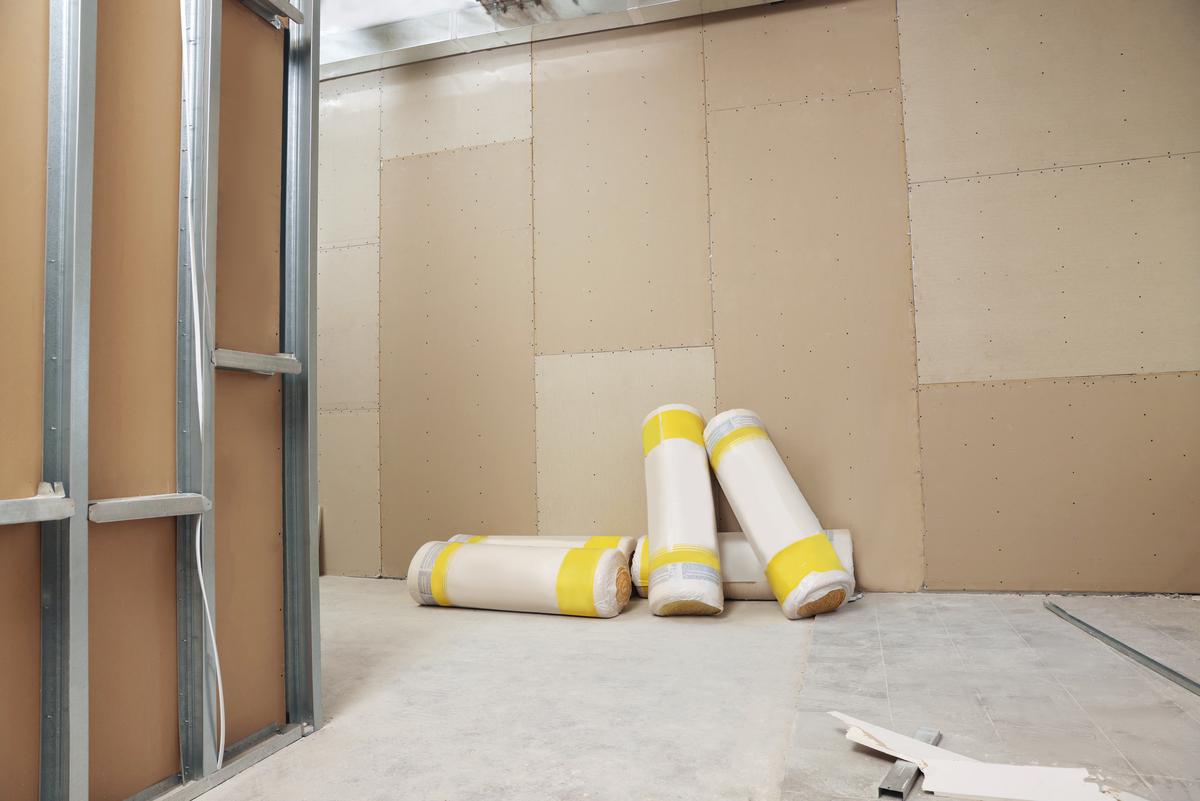

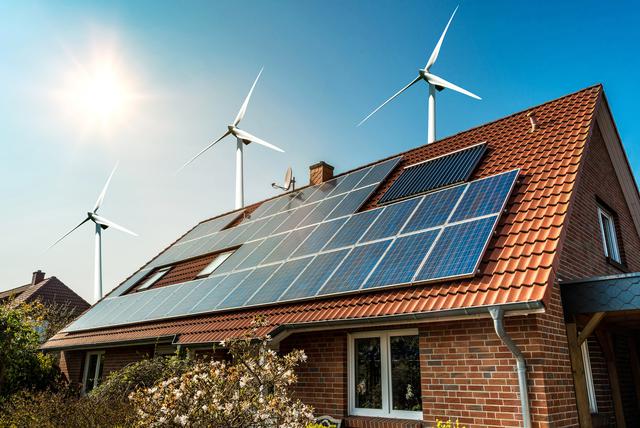
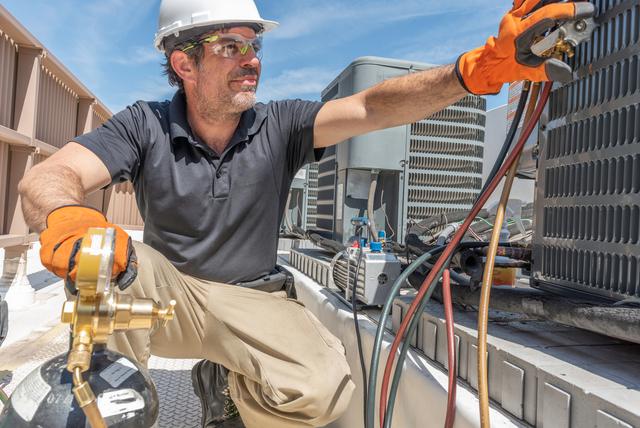
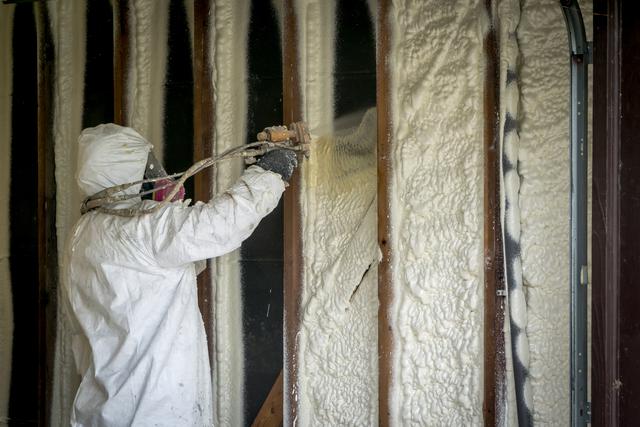
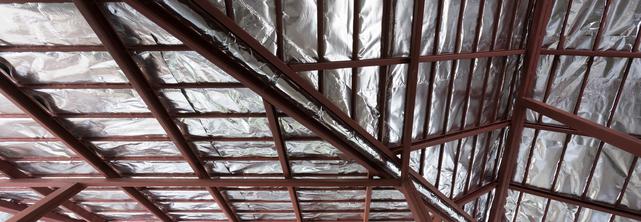
comments